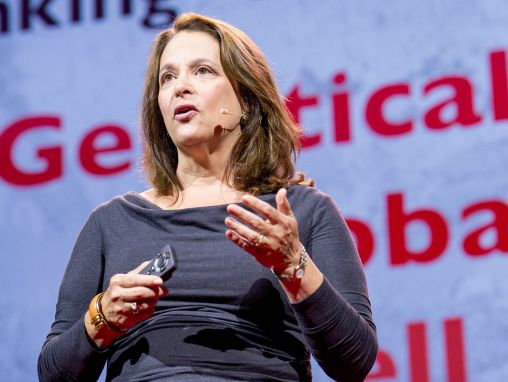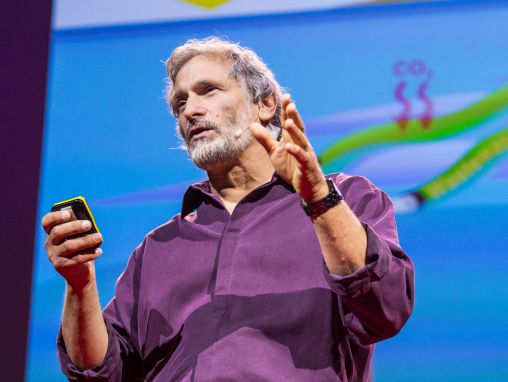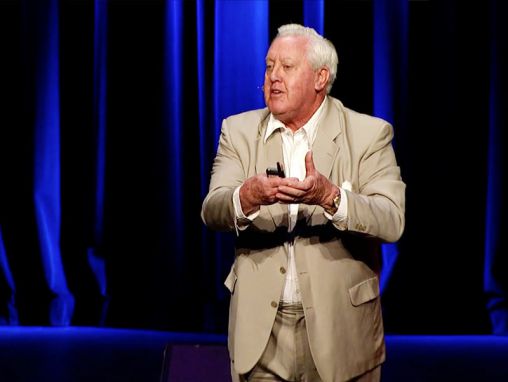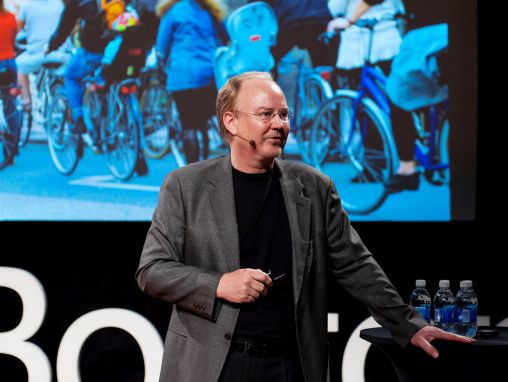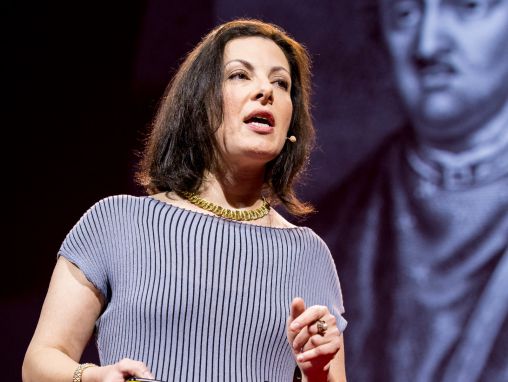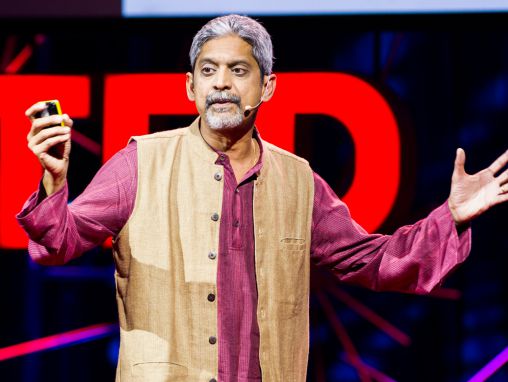TEDGlobal 2012
Jason McCue: Terrorism is a failed brand
In this gripping talk, lawyer Jason McCue urges for a new way to attack terrorism, to weaken its credibility with those who are buying the product -- the recruits. He shares stories of real cases where he and other activists used this approach to engage and create change.
























